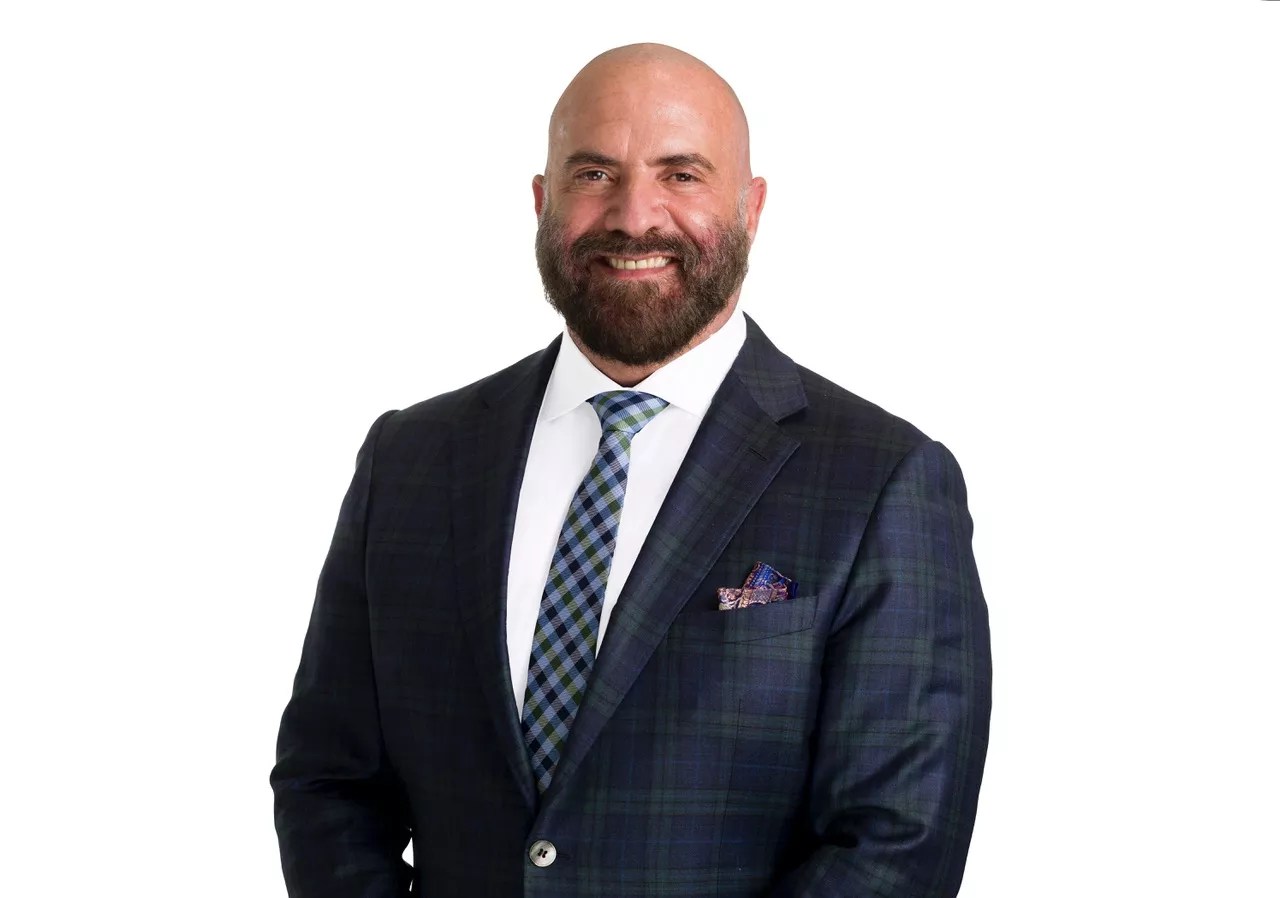

Audio By Carbonatix
Commissioner Damian Pardo is set to introduce a pair of motions at a meeting on Thursday that could alter the course of Miami City Commission elections.
Pardo has two election reform agenda items for the regular meeting on Thursday. One would limit politicians to two four-year terms on the city commission and two four-year terms as mayor, and the other would move city commissioner elections to the same four-year cycle as midterm elections.
Both mark a significant shift from a system that, in some cases, permits elected officials to remain in City Hall for decades.
Pardo’s proposals aim to strengthen voter participation, transparency, accountability, and long-term public trust, which have long been lacking in Miami, he said in a written statement to New Times.
“This will breathe more life into the system,” Pardo told New Times in an interview. “Our city is innovative and global and vibrant. But all of that doesn’t reflect in our government.”
If commissioners approve Thursday’s term limit motion, the ultimate decision goes to the voters at the November 4 election. The limit would apply retroactively to current and former city commissioners and mayors.
Under current city ordinances, Miami city officials may serve two consecutive terms in office, sit out a term, and run again, Pardo said. His motion would outlaw that archaic practice, he tells New Times.
Pardo’s second proposal would move the 2025 city elections to 2026. He says that placing it on the same four-year cycle as the U.S. midterm elections will hopefully increase voter participation from about 15 percent to 70 percent.
“Moving the election to 2026 would save the City of Miami over $1 million and prevent legal challenges potentially arising from having a term-limited candidate win a seat at the same time as the lifetime term limit ballot initiative passes,” Pardo tells New Times.
The change would extend current terms by a year, which Pardo views as a short-term concession for a long-term gain.
Opponents argue that commissioners would only vote in favor of the measure to give themselves another year in office. Pardo, however, tells New Times that an extra year in government is almost worthless.
“Postponing the election by a year allows us to implement reform cleanly without court battles or uncertainty,” he said. “And, in political life, an extra year is meaningless. You can’t get much done in a year.”
Pardo is two years into his first four-year term, while Mayor Francis Suarez and Commissioner Joe Carollo are on their eighth years and would get a ninth if the election is delayed. Commissioner Christine King is in the fourth year of her first term and would get a fifth year, and Commissioner Miguel Gabela, who won a runoff election in 2023, would get a fifth year during his first term.
These reforms are about creating a government that works for everyone, not just those already in power or those seeking to return to power, Pardo said in a written statement.
“We must set clear, enforceable guardrails that invite new voices and ideas,” according to the statement. “Miami’s residents deserve leadership that reflects its dynamic neighborhoods and evolving priorities.”